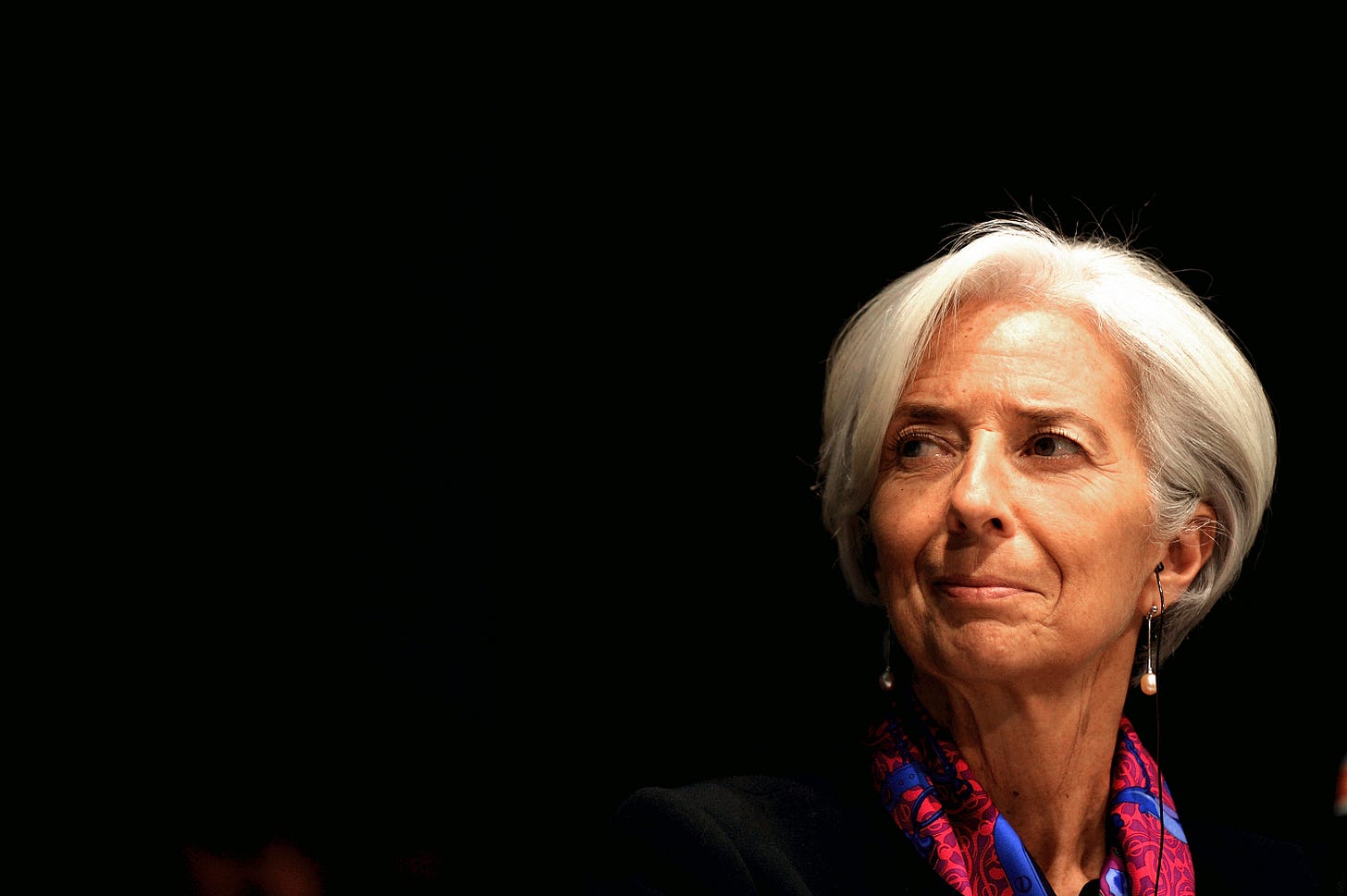How the IMF Can Help Cushion the Coronavirus Depression… Or Make It Worse
If the IMF is going to save teetering economies from collapse, it can’t afford to repeat past mistakes.

Armed with more than $1 trillion in loanable resources, the International Monetary Fund is about to embark on its largest lending spree in its 76-year history. If it is to do more good than harm to the global economy, it must learn from its past mistakes with earlier large IMF lending programs.
Up till now, the two largest IMF lending programs have been those to Greece in 2010 and to Argentina in 2018. Despite the unusually large access that the IMF afforded those two countries to its resources, the IMF programs failed to achieve their desired results. Before engaging on a new round of large-scale lending, the IMF should draw the right lessons from those two misguided programs.
Under the IMF’s tutelage, the Greek economy experienced a 25 percent decline in output – a depression worse than that experienced by the United States during the Great Depression. Meanwhile, rather than falling, its public-debt-to-GDP ratio rose from 120 percent to 180 percent.
For its part, over the past two years under an IMF program of more than $50 billion, Argentina has experienced the unenviable combination of a deep economic recession, inflation in excess of 50 percent, and a free falling exchange rate.
The key mistake made in Greece was to confuse a solvency problem with a liquidity problem. In particular, the IMF failed to grasp that, burdened with an unusually high public debt level and stuck within a Euro straitjacket, there was no way for Greece to grow its way out of its debt problem. This induced the IMF to dismiss any notion of Greek debt restructuring and to promote an excessive degree of budget tightening. In a fixed rate regime, that was bound to plunge the Greek economy into a deep recession.
The two key mistakes the IMF made in Argentina were acceding to the premature removal of exchange controls before stabilizing the economy, and then agreeing to too gradual a pace of budget adjustment. Initially, in the context of ample global liquidity, the IMF got away with those mistakes. However, as should have been expected in a country with Argentina’s troubled economic history of debt default and capital flight, as soon as global liquidity conditions tightened, Argentina was plunged into a balance of payments crisis from which it is yet to recover.
Drawing the right lessons from its past mistakes would seem to be particularly pertinent now at a time that the IMF is likely to be called upon to play a key role in combating COVID-19’s economic fallout.
In the wake of the coronavirus epidemic, Italy is likely to be among the IMF’s largest potential borrowers, and one for which the Greek lessons about solvency might be highly relevant. Being at the center of Europe’s coronavirus epidemic, Italy’s economy is expected to decline by at least 10 percent in 2020, which will likely drive its public-debt-to-GDP ratio up from 135 percent to over 160 percent. Like Greece before it, being stuck in a Euro straitjacket Italy will find it very difficult to grow its way out of its debt problem.
Hopefully, in dealing with Italy, the IMF will have learnt from its Greek experience not to require excessive budget adjustment from Rome, and not to deal with Italy’s debt problem by simply piling more debt on that country.
Among the emerging market countries that will be the IMF’s largest potential borrowers will be Brazil, South Africa, and Turkey. All of those countries have compromised public finances and have seen their currencies depreciate by more than 20 percent since the start of the year. Hopefully, the IMF’s dismal Argentine experience will have cured it of the notion that simply throwing money at these countries without insisting on appropriate economic adjustment will not serve them well. Rather, it will simply saddle them with more debt without improving their long-term growth prospects.
As the global economy stares into the abyss of a deep of recession, IMF loan recipients are going to discover that their economies need structural reforms to survive the crisis and come out stronger on the other side. As it doles out more money than any time in its history, the IMF should help debtor nations follow the path to faster growth with less debt.
Although the United States is certainly not an emerging market economy, it could learn the same lesson.

